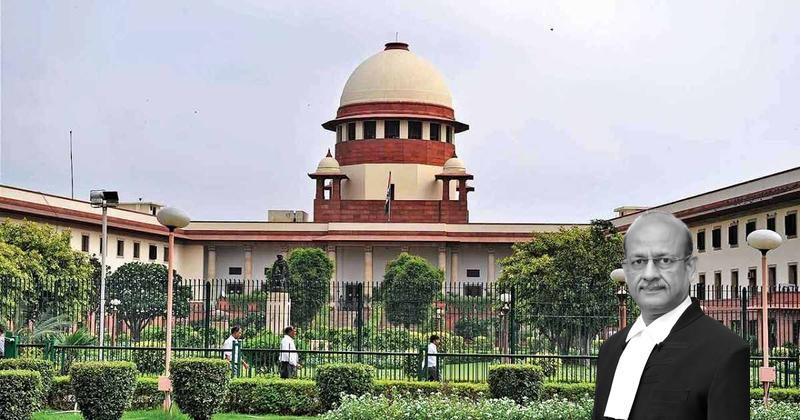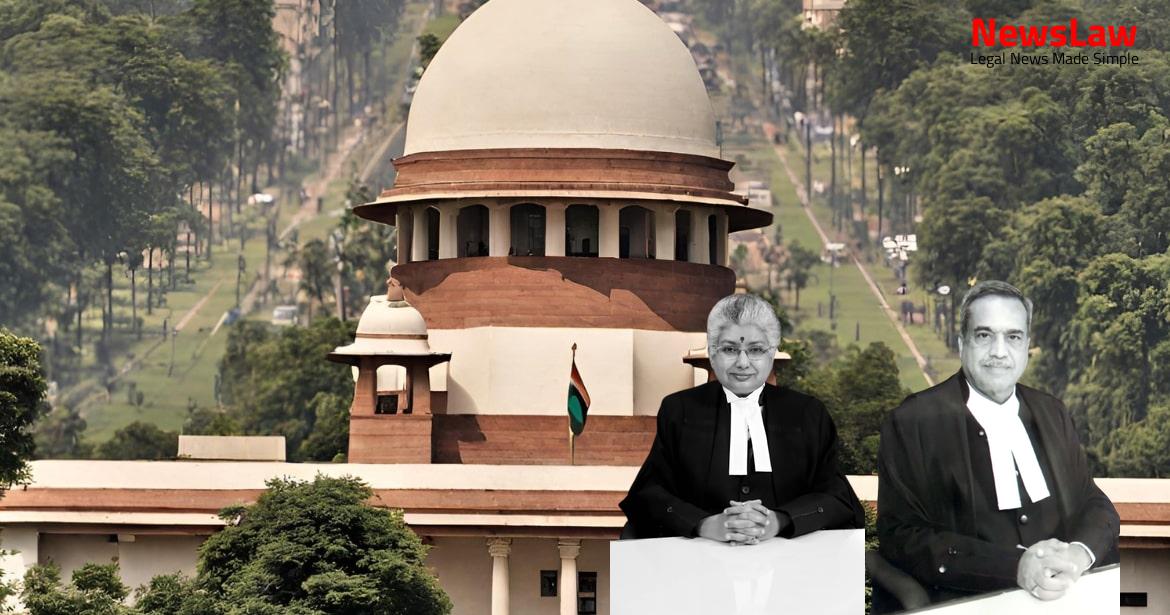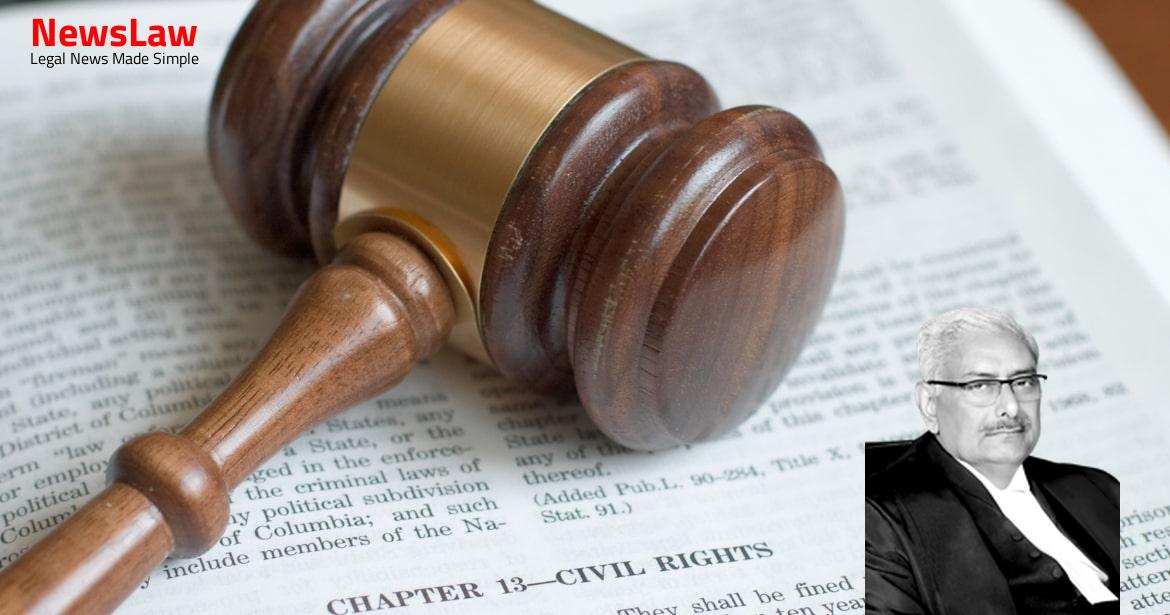The Trial Court convicted the accused no.1 (appellant in Criminal Appeal No.1185 of 2011) punishable for the offences under Section 8(c) read with Sections 21(c), 27A, 28 and Section 29 of the Narcotic Drugs and Psychotropic Substances Act, 1985 (for short, ‘NDPS Act’). Accused no.3 (appellant in Criminal Appeal No.451 of 2011) was convicted for the offences punishable under Section 8(c) read with Sections 21(c) and 29 of the NDPS Act.
Also Read: https://newslaw.in/case-type/criminal/protection-of-public-servants-in-criminal-proceedings/
State of Tamil Nadu, the learned senior counsel submitted that the officer before whom the confessional statement was made being a police officer, the bar of Section 25 of the Indian Evidence Act, 1872 (for short, ‘the Evidence Act’) is attracted.
The learned senior counsel further submitted that the officer who has the power to enter, search, seize and arrest without any warrant or authorization, has no power to investigate the offence and the said power has to be exercised by the officer authorized under Section 53 of the NDPS Act. He, therefore, submitted that the prosecution is vitiated as the work of drawing the sample was done by PW-2 without following sub-Section (2) of Section 52A. The learned counsel appearing for the appellant in Criminal Appeal No.1185 of 2011, while adopting most of the submissions made by the learned senior counsel in the companion appeal, submitted that the appellant had already undergone a sentence of about nine years.
He submitted that the prosecution has not proved that anyone has seen accused nos.2 and 3 carrying contraband to the room occupied by accused no.4. He submitted that even assuming that the accused no.1 showed contraband kept in a bag in the room occupied by the accused no.4, it cannot be inferred that he was in actual or constructive possession of or was dealing with the contraband. The information received was that the accused nos.1, 2 and 3 had planned to deliver the contraband to accused no.4 who was residing in room no.303 of Hotel Suriya, Periamet, Chennai.
According to the prosecution’s case, all the accused made confessional statements under Section 67 of the NDPS Act.
Also Read: https://newslaw.in/case-type/criminal/disclosure-and-recovery-of-weapon-a-key-factor-in-conviction/
That the officers who are invested with powers under Section 53 of the NDPS Act are “police officers” within the meaning of Section 25 of the Evidence Act, as a result of which any confessional statement made to them would be barred under the provisions of Section 25 of the Evidence Act, and cannot be taken into account in order to convict an accused under the NDPS Act.
– (a) when the person who made the statement is dead or cannot be found or is incapable of giving evidence, or is kept out of the way by the adverse party, or whose presence cannot be obtained without an amount of delay or expense which, under the circumstances of the case, the court considers unreasonable; or (b) when the person who made the statement is examined as a witness in the case before the court and the court is of the opinion that having regard to the circumstances of the case, the statement should be admitted in evidence in the interest of justice.
(2) The provisions of sub-section (1) shall, so far as may be, apply in relation to any proceedings under this Act or the rules or orders made thereunder, other than a proceeding before a court, as they apply in relation to a proceeding before a court.”
A finding was recorded by the High Court that the prosecution has not proved that the witnesses are dead or cannot be found or are incapable of giving evidence or kept out of the way of the accused or their presence cannot be obtained without an amount of delay or expense which, under the circumstances of the case, the Court considers unreasonable. It is manifest from Section 52- A(2)include (supra) that upon seizure of the contraband the same has to be forwarded either to the officer-in-charge of the nearest police station or to the officer empowered under Section 53 who shall prepare an inventory as stipulated in the said provision and make an application to the Magistrate for purposes of ( a ) certifying the correctness of the inventory, ( b ) certifying photographs of such drugs or substances taken before the Magistrate as true, and ( c ) to draw representative samples in the presence of the Magistrate and certifying the correctness of the list of samples so drawn. This implies that no sooner the seizure is effected and the contraband forwarded to the officer-in-charge of the police station or the officer empowered, the officer concerned is in law duty-bound to approach the Magistrate for the purposes mentioned above including grant of permission to draw representative samples in his presence, which samples will then be enlisted and the correctness of the list of samples so drawn certified by the Magistrate.
Even according to the prosecution’s case, as can be seen from the version of PW-2, accused no.1 (appellant in Criminal Appeal No.1185 of 2011) was staying in room no.213 of Himalaya Lodge, Triplicane, Chennai. It was accused no.4 who was staying in room no.303 of Hotel Suriya, Periamet, Chennai where PW-2 and other members of her party entered. The prosecution has not proved beyond a reasonable doubt that the appellants in these two appeals were in possession of the contraband or that they brought the contraband to the hotel room of the accused no.4. Oka)………………………
Also Read: https://newslaw.in/case-type/criminal/legal-analysis-of-judgement-on-discharge-in-a-murder-case/
J.
Case Title: BOTHILAL Vs. THE INTELLIGENCE OFFICER NARCOTICS CONTROL BUREAU (2023 INSC 432)
Case Number: Crl.A. No.-000451-000451 / 2011



